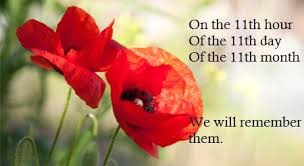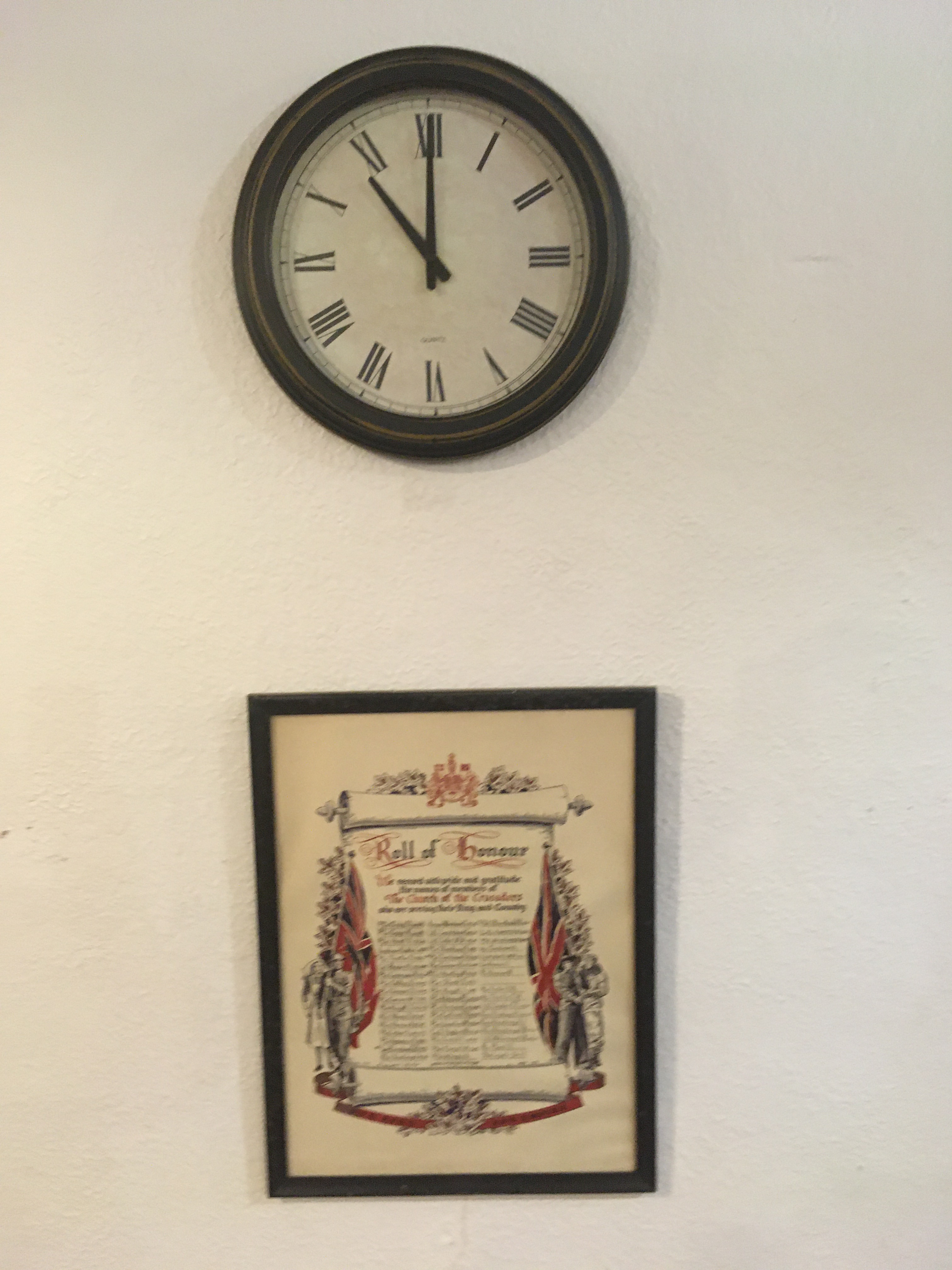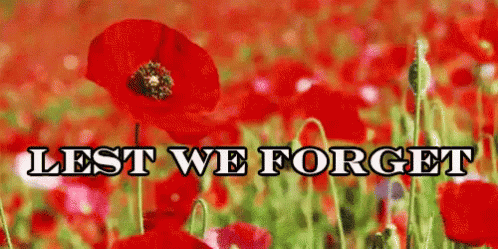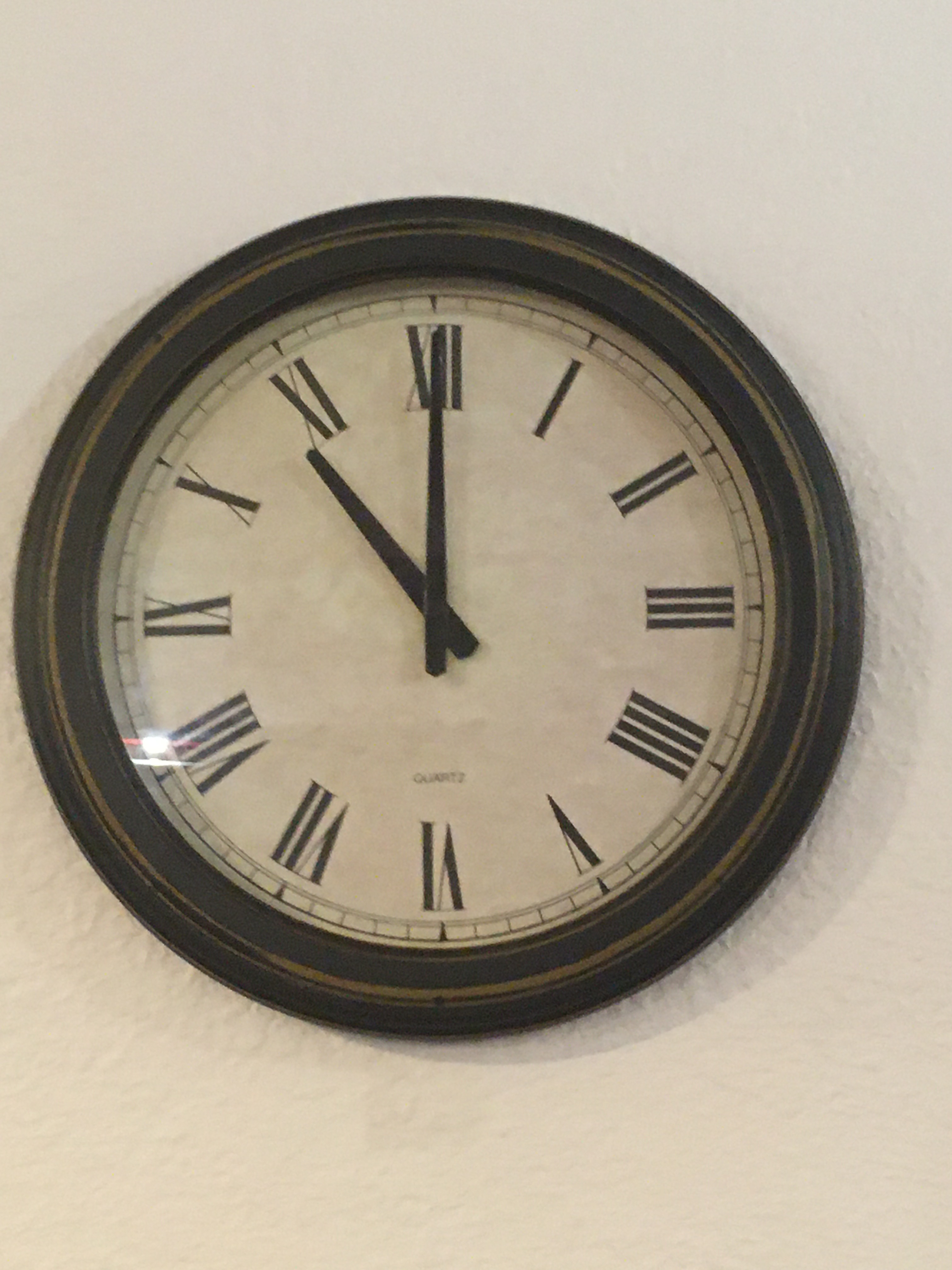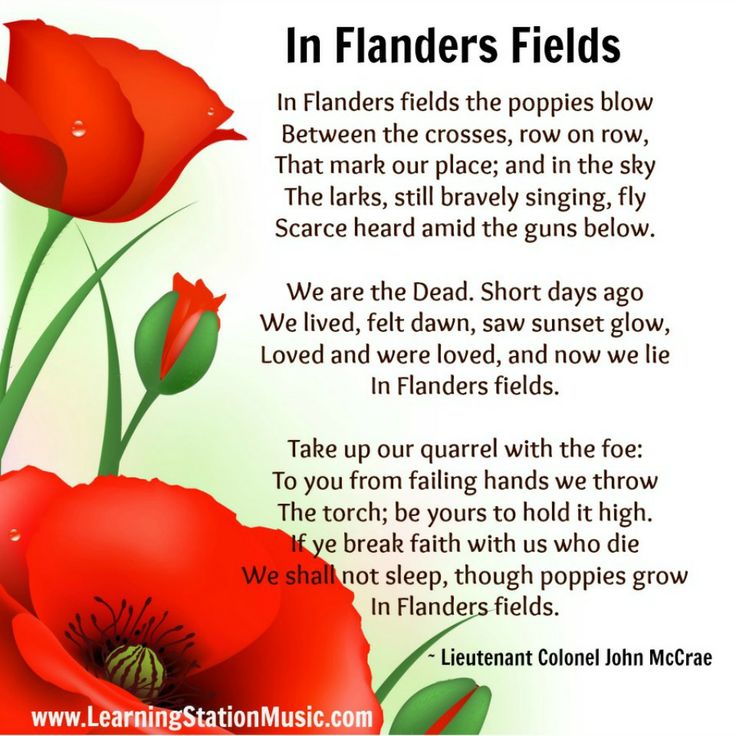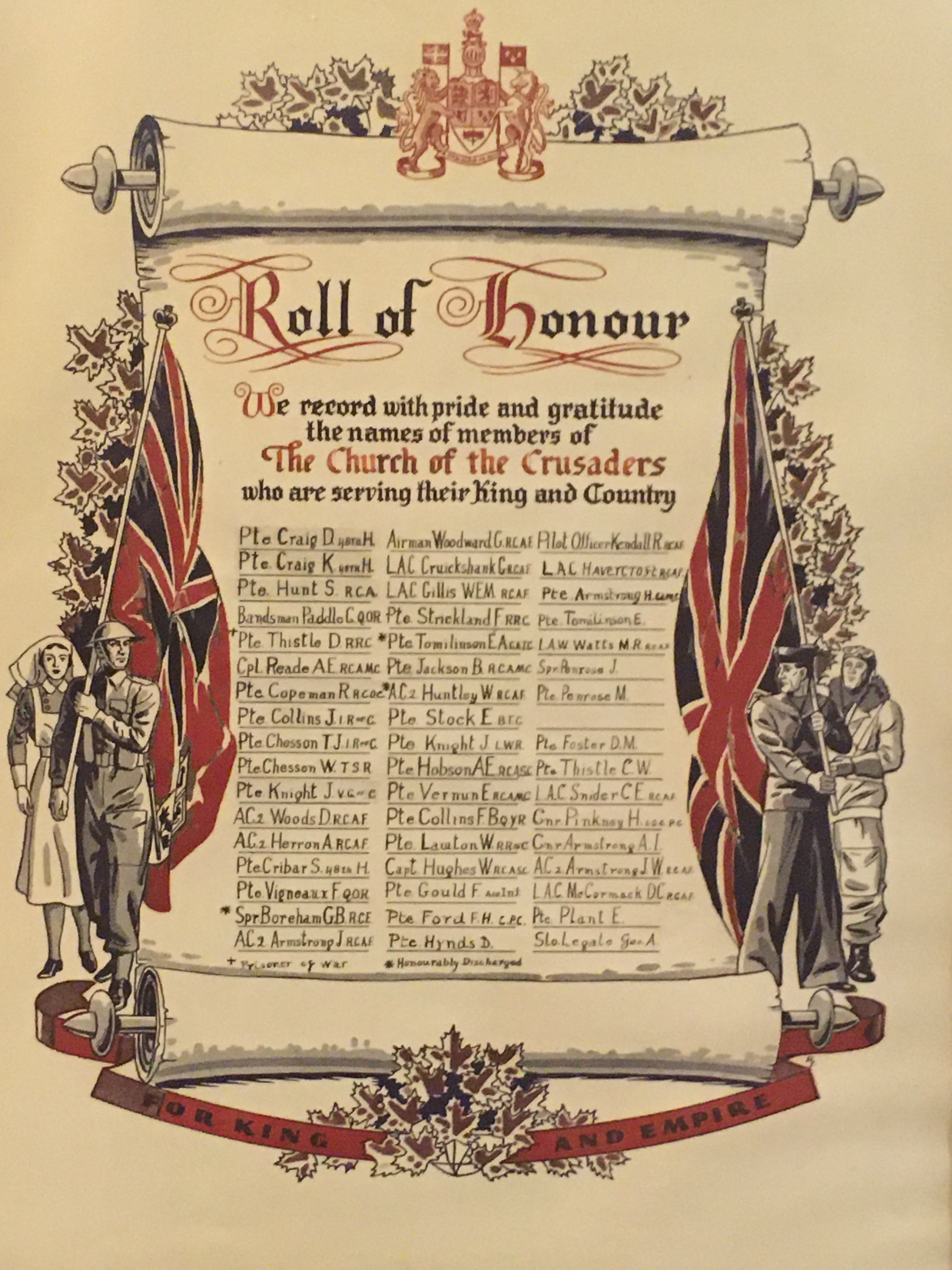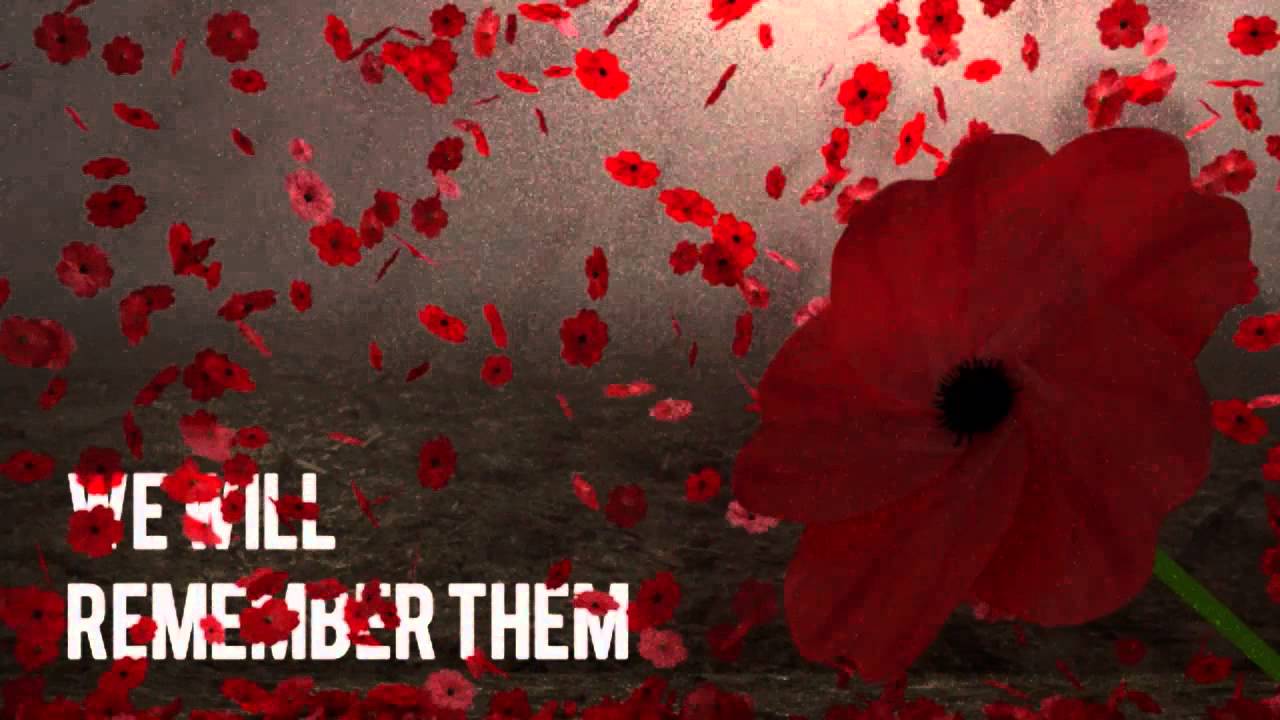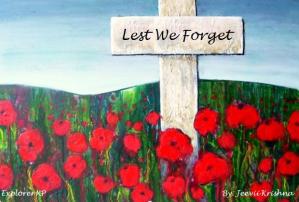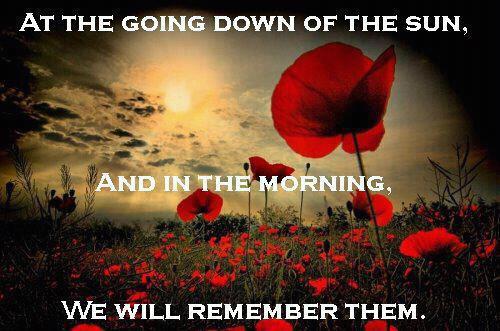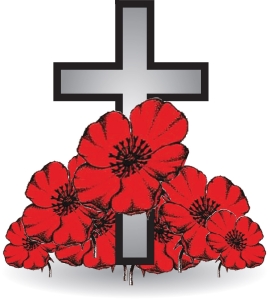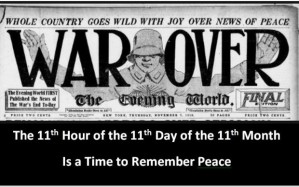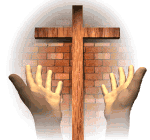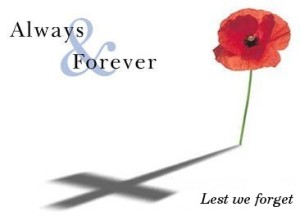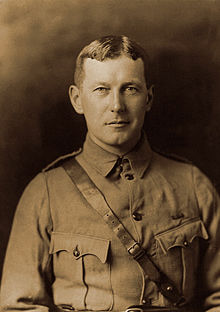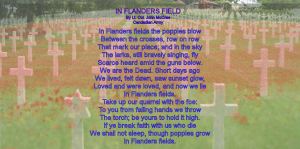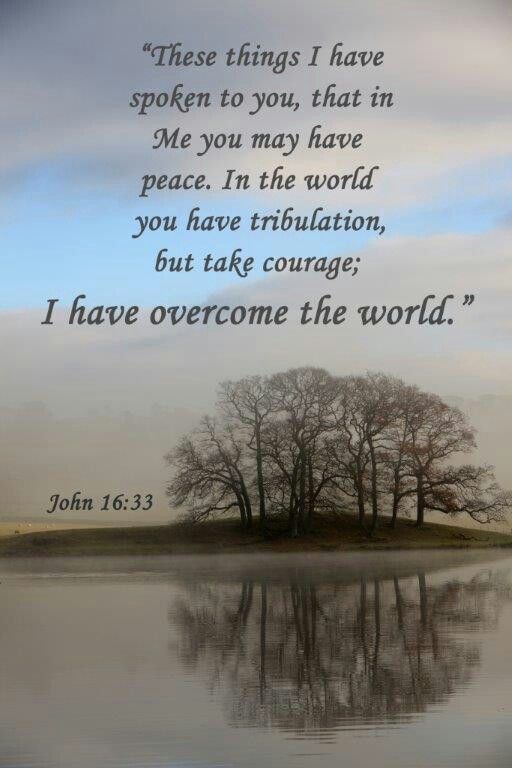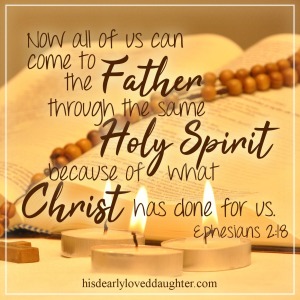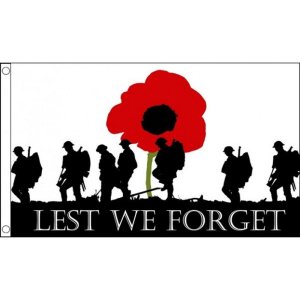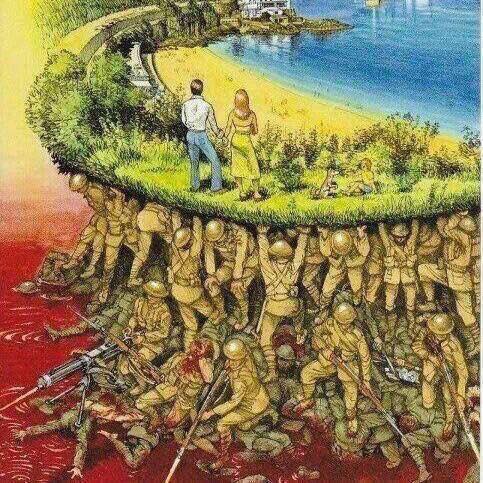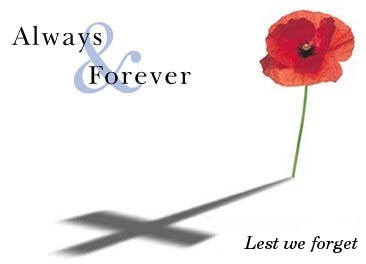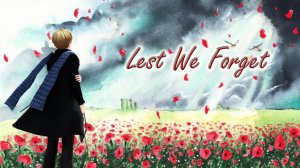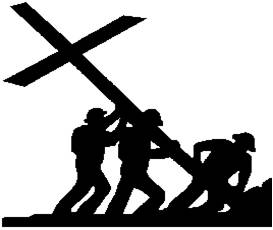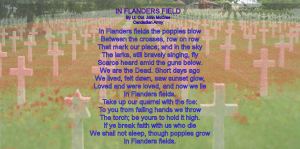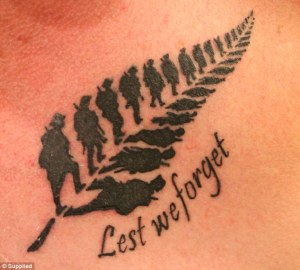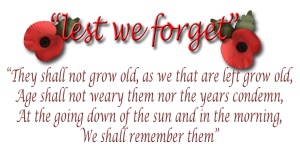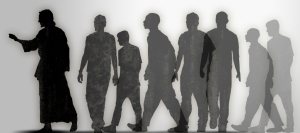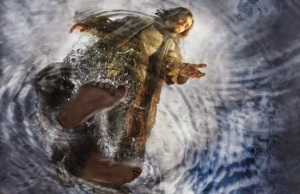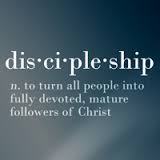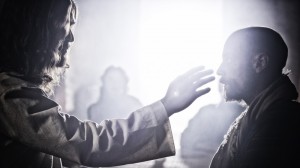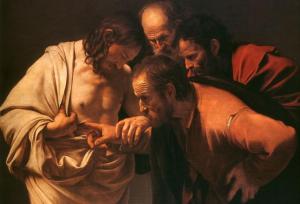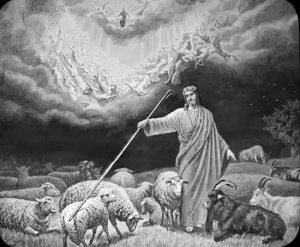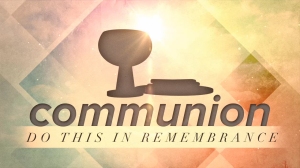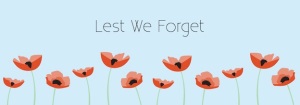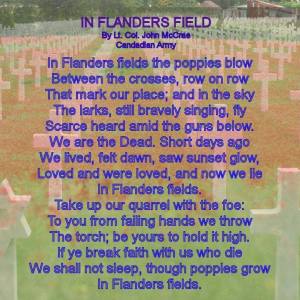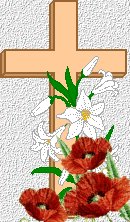Dear BLCF Friends,
Effective April 10, 2022, Bloor Lansdowne Christian Fellowship – BLCF Church will reopen by reservation only for Sunday worship under the limitations and guidelines set by Public Health and the Board of BLCF. In order to protect those who are vulnerable at Bloor Lansdowne Christian Fellowship from COVID-19 Virus infection, the BLCF Board mandates that the church will be open by reservation, with the following rules:
- attendees must wear a mask while on the premises
- attendees give their contact information upon arrival
- attendees observe two meters social distance while seated
- attendees use hand sanitizer as needed
- attendees follow any additional directions given by members of the board, while inside the church
Please be advised that both the BLCF Café Community Dinner and the BLCF Wednesday Prayer Service will continue to remain closed effective March 16, 2020, and until further notice. We pray with the administration of sufficient COVID-19 vaccinations, and following the determination of Health Canada and other Health Authorities, that the danger of the Pandemic will have subsided sufficiently, to allow BLCF to reopen safely more of our worship and outreach activities without any concern of infection to the vulnerable within our community.
– Pastor Steve
Opening Music Special – Tom Croley: Yesterday He Died for Me – https://youtu.be/Bo3st1qEwhc?t=14

Bloor Lansdowne Christian Fellowship – BLCF Church Message for Sunday:
‘Remembrance: By Means of the Poppy and the Cross’
© November 6, 2022, by Steve Mickelson
Based On Messages Shared at BLCF on November 10, 2019, November 11, 2018, November 8, 2015, August 10, 2014, November 10, 2013, and November 11, 2012
BLCF Bulletin November 10, 2019
BLCF Bulletin November 11, 2018
BLCF Bulletin November 8, 2015
BLCF: Bulletin August 10, 2014
BLCF Church Bulletin-Program November 10, 2013



Announcements & Call to Worship; Prayer
Our Father – Lyric Video – Don Moen – https://youtu.be/CTty0omDeJI
Prayer and Tithing – Hymn #572: Praise God from Whom All Blessings
Doxology (Praise God From Whom All Blessings Flow) Instrumental – https://youtu.be/Mk4p3rihONU
Music Special: We Believe – Lauren Daigle (with lyrics) – https://youtu.be/bzmWnIHsohI
Responsive Reading #632 (God’s Redeeming Love – John 3 & 1 John 4)
Message by Steve Mickelson: ‘’The Poppy and the Cross: Remembering the Sacrifice’

Let us pray…
The lesson for this Sunday is a study of two symbols of remembrance of sacrifice on our behalf: the poppy and the cross.
I stand before you with one of these symbols, the poppy, pinned above my heart, while illuminated behind me is the other, which is the cross.
Today we have the opportunity to observe, with the aid of the poppy, the 11th hour of the 11th day of the 11th month, signifying the anniversary of Armistice Day, which is the day that the Armistice was signed in 1918 to end World War I, ironically called “the war to end all wars”. Sadly, over 100 years after the signing of the 1918 Armistice wars still happen around the world.
Today, the date is called Remembrance Day in Canada and Britain and Veterans Day in the United States. For us, Remembrance Day is a day where we remember all who died not only in this war but in all other conflicts, to both preserve and protect our democratic freedom and way of life in Canada.

This Friday, is Remembrance Day, a day when many Canadians wear a poppy on their lapels; possibly recite the poem In Flanders Fields; and then at 11AM, observe a moment of silence. For many of us who had a relative or friend who experienced war firsthand, Remembrance Day is a time to acknowledge the sacrifice of men and women who served their country in wartime, including the millions who never survived to celebrate the peace. The phrase lest we forget is spoken, to which the reply is made they will not be forgotten. At the back of this very sanctuary, we have a plaque commemorating the names of those from this church who served in the Second World War.

And some may ask what significance does the Poppy has to the Remembrance Day observances?
What is so special about a poppy on Remembrance Day? Why not use a pansy? Scarlet poppies grow naturally in conditions of the disturbed earth throughout Western Europe. The destruction brought by the Napoleonic wars of the early 19th Century, transformed the bare land into fields of blood-red poppies, growing around the bodies of the fallen soldiers.
In late 1914, the fields of Northern France and Flanders were once again ripped open as the First World War raged through Europe’s heart.
The significance of the poppy as a lasting memorial symbol to the fallen was realized by the Canadian surgeon John McCrae in his poem, In Flanders Fields. The poppy came to represent the immeasurable sacrifice made by his comrades and quickly became a lasting memorial to those who died in the First World War and later conflicts. Here are the words to that poem:

I had read a posting reprinted from a BLOG in the Huffington Post, where a young lady even though her grandfather served in the RCAF in WWII, wrote an article listing the reasons why she refused to wear a poppy on November 11. Some of the reasons for refusing the poppy included: that it was a symbol that glorifies war or that it illustrates how politicians yield to public demands that they wear this blood-red symbol of battle.
The article describes how the poppy is worn is not a real flower, but a commercially manufactured item, made for corporate profit. In her rant, she complains of a message from a Canadian Legion urging to wait to put up Christmas decorations until after November 11. And the author speculates that if Canada were defeated by the Nazis that we would still celebrate Christmas, seemingly to imply that Christ, the Prince of Peace, was really a Lord of War that condoned war! There is no mention of instead of honoring many who made the ultimate sacrifice to preserve the freedoms often taken for granted.
History of the Poppy
Each November, Poppies bloom on the lapels and collars of millions of Canadians. The significance of the Poppy can be traced back to the Napoleonic Wars in the 19th century, over 110 years before being adopted in Canada. Records from that time indicate how thick Poppies grew over the graves of soldiers in the area of Flanders, France. Fields that had been barren before battle exploded with the blood-red flowers after the fighting ended. During the tremendous bombardments of the war, the chalk soils became rich in lime from rubble, allowing the “popaver rhoeas” to thrive. When the war ended, the lime was quickly absorbed and the Poppy began to disappear again.The person who first introduced the Poppy to Canada and the Commonwealth was Lieutenant-Colonel John McCrae of Guelph, Ontario, a Canadian Medical Officer during the First World War. John McCrae penned the Poem “In Flanders Fields” on a scrap of paper in May, 1915 on the day following the death of a fellow soldier. Little did he know then that those 13 lines would become enshrined in the hearts and minds of all who would wear them. McCrae’s poem was published in Punch Magazine in December of that same year, and the poem later served as inspiration three years later for Moina Michael, an American teacher. Moina Michael made a pledge to always wear a Poppy as a sign of Remembrance.
During a visit to the United States in 1920, a French woman named Madame Guerin learned of the custom. Madame Guerin decided to make and sell poppies to raise money for children in war-torn areas of France. The Great War Veteran’s Association in Canada (our predecessor) officially adopted the poppy as its Flower of Remembrance on July 5, 1921.
Today, the Poppy is worn each year during the Remembrance period to honour Canada’s Fallen. The Legion also encourages the wearing of a Poppy for the funeral of a Veteran and for any commemorative event honouring Fallen Veterans. It is not inappropriate to wear a Poppy during other times to commemorate Fallen Veterans and it is an individual choice to do so, as long as it’s worn appropriately.
Thanks to the millions of Canadians who wear the Legion’s lapel Poppy each November, the little red flower has never died, and the memories of those who fell in battle remain strong.

In Flanders Fields – John McCrae
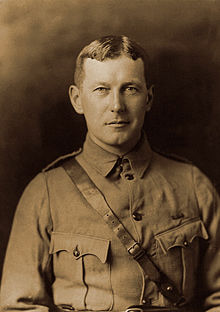
John McCrae in uniform circa 1914
In Flanders fields the poppies blow
Between the crosses, row on row,
That mark our place; and in the sky
The larks, still bravely singing, fly
Scarce heard amid the guns below.
We are the Dead. Short days ago
We lived, felt dawn, saw sunset glow,
Loved, and were loved, and now we lie
In Flanders fields.
Take up our quarrel with the foe:
To you from failing hands we throw
The torch; be yours to hold it high.
If ye break faith with us who die
We shall not sleep, though poppies grow
In Flanders fields.
Lieutenant-Colonel John McCrae
~ May 3, 1915
(As published in Punch Magazine, December 8, 1915)
https://www.legion.ca/remembrance/the-poppy/history-of-the-poppy

Recently, Canadian soldiers who have fallen in battle have had their sacrifice acknowledged along Canada’s Highway of Heroes:
Canada’s Highway of Heroes: The patriotic tradition lives on after Afghanistan
By Dan Lamothe, a Washington Post Reporter covering the Pentagon and the U.S. military
March 11, 2015, at 2:38 p.m. EDT
It was 2007 when the Canadian government renamed the freeway stretching from Trenton, Ontario, to the city of Toronto the Highway of Heroes. Also known as Macdonald-Cartier Freeway or Highway 401, it meanders more than 100 miles, most of it along Lake Ontario, a member of the Great Lakes that is fed by the Niagara River and its iconic waterfalls.
The highway’s name was coined unofficially in 2002 after the first of Canada’s soldiers killed in Afghanistan were repatriated. The remains were flown into Canadian Forces Base Trenton, and then taken southwest to Toronto, where a coroner awaited them. People young and old lined the highway, waving the red and white Canadian flag emblazoned with the maple leaf in tribute.
Canada’s involvement in Afghanistan has mostly ended, but the patriotic tributes to its fallen soldiers have not.
My father, Harry Mickelson, served in WWII as a medic and military band member. He preferred to recall the funny incidents of the war. But between enlisting in the Rainbow Division of the 42nd Infantry of the US Army reserves in December 1940, then being called to active duty by executive action of FDR in January 1941 in anticipation of the USA being drawn to the war, crossing through the battlefields across France and Germany, ending in Austria by 1945, Dad’s remembrance of the horror of war was relegated, according to Mom, to the nightmares he had for years after they married in 1946.
Although Dad felt fighting in this war was necessary, he had little use for John Wayne, Ronald Reagan, and many other actors who glorified a war that they never saw or experienced firsthand. He cared not to join Legion Halls to relive events, though necessary, were often filled with grief and pain. Though Dad did step forward to testify at the trial of Ernst Zündel, who taught that the Holocaust never happened, providing an eyewitness account of the Dachau Concentration Camp as a first responder, along with photo evidence of the camp. It was for this reason he wore a poppy, so as not to forget, then ignore, and ultimately deny the real importance of the sacrifice given and end up in idle speculation about whether or not a Nazi victory would end Christmas in Canada!
In Christian circles, there are movements to sanitize worship, removing the cross as it symbolizes the brutality of the crucifixion of Jesus. Yet, as Christians, we are expected to serve the elements of communion to remember the blood and body of Christ given as a sacrifice for all our sins.
We often hear in memorial services for those who gave their lives in war, a quote from John 15:13 (ESV):
13 Greater love has no one than this, that someone lay down his life for his friends.
But such a quote seems to imply that the Lord approved of war. However, let us read this verse in its full context: John 15:12-17 (ESV):
12 “This is my commandment, that you love one another as I have loved you. 13 Greater love has no one than this, that someone lay down his life for his friends. 14 You are my friends if you do what I command you. 15 No longer do I call you servants,[a] for the servant[b] does not know what his master is doing; but I have called you friends, for all that I have heard from my Father I have made known to you. 16 You did not choose me, but I chose you and appointed you that you should go and bear fruit and that your fruit should abide, so that whatever you ask the Father in my name, he may give it to you. 17 These things I command you, so that you will love one another.
Footnotes: a. John 15:15 Greek bondservants b. John 15:15 Greek bondservant; also verse 20

And what does the Lord say about the conflict in general? We may find our answer in James 3:13-18 and in Matthew 5:9:
James 3:13-18 (ESV): Wisdom from Above
13 Who is wise and understanding among you? By his good conduct let him show his works in the meekness of wisdom. 14 But if you have bitter jealousy and selfish ambition in your hearts, do not boast and be false to the truth. 15 This is not the wisdom that comes down from above, but is earthly, unspiritual, demonic. 16 For where jealousy and selfish ambition exist, there will be disorder and every vile practice. 17 But the wisdom from above is first pure, then peaceable, gentle, open to reason, full of mercy and good fruits, impartial and sincere. 18 And a harvest of righteousness is sown in peace by those who make peace.
Matthew 5:9 (ESV)
9 “Blessed are the peacemakers, for they shall be called sons[a] of God.
Footnotes: a. Matthew 5:9 Greek huioi; see Preface
We know from experience, that the sacrifices remembered in ceremonies on November 11, no matter how dear and noble may help to win a battle and war, but do not put an end to war and conflict which seem to be intertwined in human nature because of sin.
But God did provide a solution to the sinful nature of men and women, which is the underlying root cause of war. God allowed the battle against sin and sin’s progenitor, Satan, by allowing the sacrifice of one innocent man: his only son, Jesus on the cross. And by way of the cross, all who believe and admit to sin; who desire to change to the way of the Lord receive the gift of salvation, the presence of the Holy Spirit, and the promise of eternal life.

We, in the Christian Church, also have a symbol no less important. It’s the Cross of Jesus. One of His great sayings is:
‘Greater love has no one than this, that he lay down his life for his friends’ – John 15:13 (ESV).
And that is what Christ did for us.
The poppy reminds us of the sacrificed lives in battles over the years past, present, and future. By contrast, the cross reminds us of the Lord’s single act of sacrifice and love for all generations, past, present, and future, John 15:10-13 (ESV):
10 If you keep my commandments, you will abide in my love, just as I have kept my Father’s commandments and abide in his love. 11 These things I have spoken to you, that my joy may be in you, and that your joy may be full.
12 “This is my commandment, that you love one another as I have loved you. 13 Greater love has no one than this, that someone lay down his life for his friends.

The cross symbolizes not only how Jesus sanctifies us from sin, but it is also a symbol of God’s New Covenant of eternal life and is an emblem of His love for us. We are implored to take heart and find joy in the Lord’s gift to us, which are the rewards for our faith, John 16:23-33 (ESV):
23 In that day you will ask nothing of me. Truly, truly, I say to you, whatever you ask of the Father in my name, he will give it to you. 24 Until now you have asked nothing in my name. Ask, and you will receive, that your joy may be full.
I Have Overcome the World
25 “I have said these things to you in figures of speech. The hour is coming when I will no longer speak to you in figures of speech but will tell you plainly about the Father. 26 In that day you will ask in my name, and I do not say to you that I will ask the Father on your behalf; 27 for the Father himself loves you, because you have loved me and have believed that I came from God.[a] 28 I came from the Father and have come into the world, and now I am leaving the world and going to the Father.”
29 His disciples said, “Ah, now you are speaking plainly and not using figurative speech! 30 Now we know that you know all things and do not need anyone to question you; this is why we believe that you came from God.” 31 Jesus answered them, “Do you now believe? 32 Behold, the hour is coming, indeed it has come, when you will be scattered, each to his own home, and will leave me alone. Yet I am not alone, for the Father is with me. 33 I have said these things to you, that in me you may have peace. In the world you will have tribulation. But take heart; I have overcome the world.”
Footnotes: a. John 16:27 Some manuscripts from the Father

In addition to the cross, we are instructed by the scriptures to remember the sacrifice of Jesus through the act of communion, until Jesus returns. This points to the main difference between the soldier’s sacrifice to give us freedom as Canadians and Jesus’ sacrifice to give us freedom from sin, as well as the gift of the Holy Spirit and the promise of the resurrection. It is our responsibility as members of Canadian society to honour the soldier’s sacrifice for peace from a war that is temporary, as long sin exists, we will continue to have war. As believers in the resurrected Christ, our trust and faith in our Savior’s sacrifice which does not end sin, but the consequences of sin: judgment and death, Ephesians 2:13-18 (ESV):
13 But now in Christ Jesus you who once were far off have been brought near by the blood of Christ. 14 For he himself is our peace, who has made us both one and has broken down in his flesh the dividing wall of hostility 15 by abolishing the law of commandments expressed in ordinances, that he might create in himself one new man in place of the two, so making peace, 16 and might reconcile us both to God in one body through the cross, thereby killing the hostility. 17 And he came and preached peace to you who were far off and peace to those who were near. 18 For through him we both have access in one Spirit to the Father.
In addition to the cross, we are instructed by the scriptures to remember the sacrifice of Jesus through the act of communion, until Jesus returns. This points to the main difference between the soldier’s sacrifice to give us freedom as Canadians and Jesus’ sacrifice to give us freedom from sin, as well as the gift of the Holy Spirit and the promise of the resurrection. It is our responsibility as members of Canadian society to honour the soldier’s sacrifice for peace from a war that is temporary, as long sin exists, we will continue to have war. As believers in the resurrected Christ, our trust and faith in our Savior’s sacrifice which does not end sin, but the consequences of sin: judgment and death, Ephesians 2:13-18 (ESV):
13 But now in Christ Jesus you who once were far off have been brought near by the blood of Christ. 14 For he himself is our peace, who has made us both one and has broken down in his flesh the dividing wall of hostility 15 by abolishing the law of commandments expressed in ordinances, that he might create in himself one new man in place of the two, so making peace, 16 and might reconcile us both to God in one body through the cross, thereby killing the hostility. 17 And he came and preached peace to you who were far off and peace to those who were near. 18 For through him we both have access in one Spirit to the Father.
Communion Special – Lauren Daigle – “We Will Not Forget” (Lyric Video) – https://youtu.be/izeZa9wx8wA
Closing Music Special: Katy Nichole (ft. North Point Worship) – In Jesus’ Name (God Of Possible) (with lyrics) – https://youtu.be/zn5rBZgF1os
Benediction – (Hebrews 13:20-21):
Now may the God of peace who brought again from the dead our Lord Jesus, the great shepherd of the sheep, by the blood of the eternal covenant, equip you with everything good that you may do his will, working in you that which is pleasing in his sight, through Jesus Christ, to whom be glory forever and ever. Amen.



